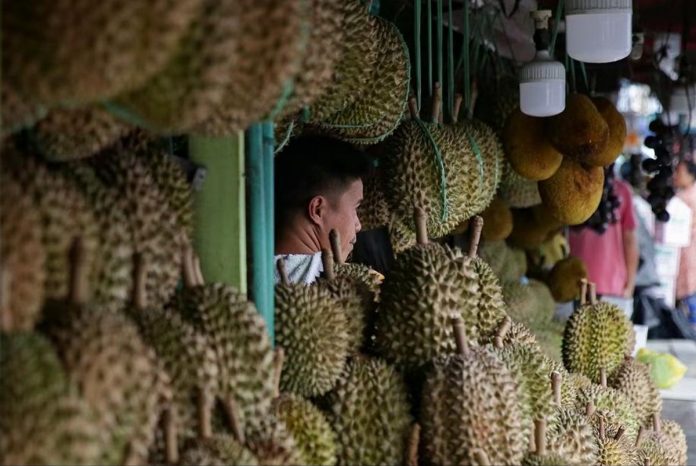
THE Philippines will support exporters in a bid to boost its lagging export sector, the Department of Trade and Industry (DTI) said yesterday.
Trade Secretary Alfredo Pascual said President Ferdinand Marcos, Jr. approved the Philippine Export Development Plan 2023 to 2028 during a meeting in Malacañang earlier in the day.
“This export development plan will capitalize on export growth opportunities, considering market trends and the available or existing competencies in the Philippines among our industries,” he added.
“The export competitiveness of the Philippines lies in the competitiveness of the firms themselves,” he added.
The plan also aimed to make the country an “agile export powerhouse,” said Pascual.
Unlike its neighbors in ASEAN, the Philippines has generally lagged in terms of exports, with its balance of trade often showing a deficit.
Last month, the Philippine Statistics Authority said the country’s trade deficit in March hit $4.93 billion.
Total export sales reached $6.53 billion, lower by 9.1 percent compared to the same period last year. Total imports, meanwhile, amounted to $11.46 billion during the month.
Pascual said the country’s export system is a “laggard” in terms of its performance because some firms “are not able to come up with the quantity and quality of exportable products.”
For example, he said, while there is a huge demand in China for the country’s durian products, growers could not produce the quantity needed.
On the other hand, the Philippines is making gains in software development, but it needs more skilled manpower.
“As you will notice we are identifying for different sectors with export potential what their constraints are and we will try to address it at the industry level,” he said.
“But also there are certain firms that might require greater support and we will do our intervention at the firm level including what we’re doing now for MSMEs – providing consulting support, technical assistance,” he added.
Among the strategies to improve export performance include addressing production constraints, developing a strong innovative export system, and increasing the country’s “mindshare” in the global market.
“So the first challenge is helping industries produce products that can compete in the market – this requires input of technology, it requires raising of productivity, training of the people that they employ,” he said.
Pascual said the Regional Comprehensive Economic Partnership (RCEP) will help improve Philippine exports as this opens certain countries for exports.
Increasing the country’s mindshare, meanwhile, will greatly help other nations in terms of product awareness in Manila.
Pascual said the plan would prioritize industrial machinery and transport, health sciences; technology, media and telecommunications, and agriculture. (ABS-CBN News)



